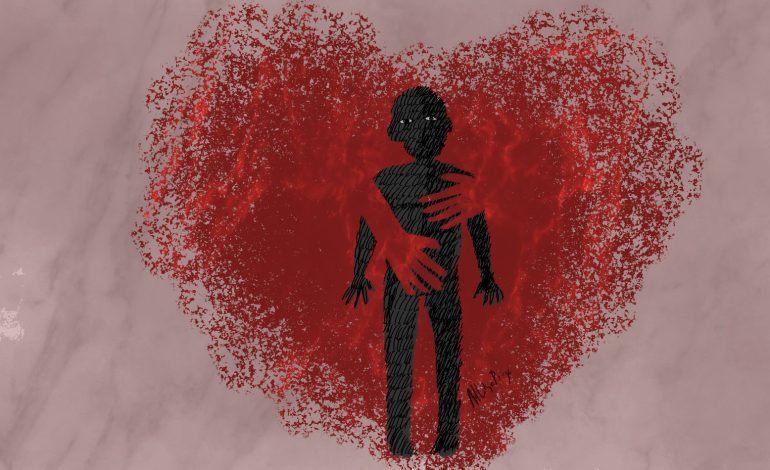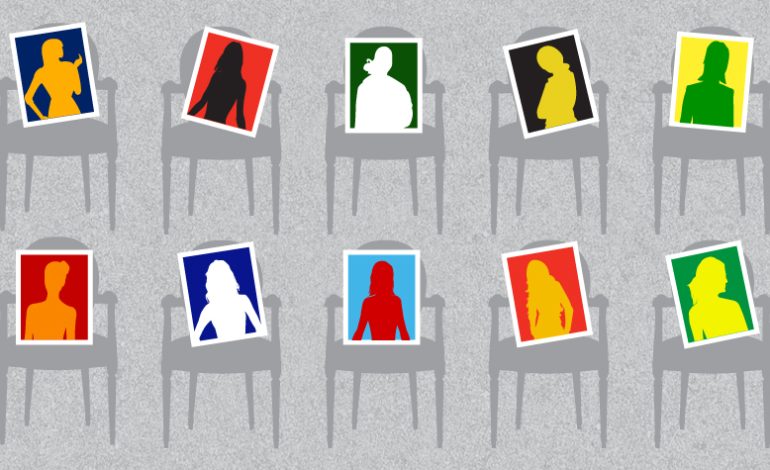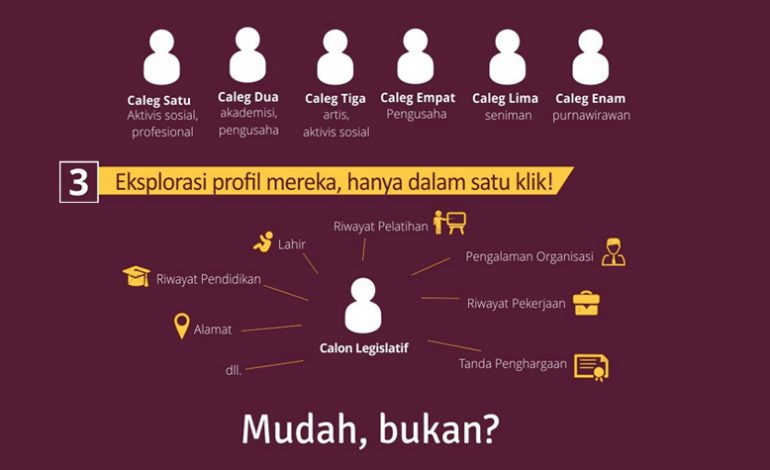No, I Don’t Have Children: Confession of A Child Protection Activist

Have you read this article? It is one of the first articles that got me hook on Magdalene. Not that I’m saying this to win the heart of its three lady editors so that they go easy on my first attempt to write for them. Well, at least it’s not the only motive. I say this because it is a relevant opening to my story about also being a childless woman. I relate with her story on so many levels, and to add to the twist, I deal with children issues on a daily basis.
For the past fifteen years I have been working in the development sector focusing on child protection and wellbeing issues. I know, I know, what does that mean really? I almost missed this deadline trying to formulate a less-righteous-sounding sentence for it. But hey, everybody is entitled to her vanity. So here it goes. In a nutshell, I try to inform public policies through research and program interventions, so that these policies facilitate better access for children and families to health, education, protection and social services.
Doing what I’m doing, I’m allowed the opportunity to interact with great and intelligent people – bureaucrats, academics, researchers, lawmakers, law enforcers, judiciaries, activists, you name it. Some of them are naturally well-intentioned; others are more challenging. But I guess that’s normal anywhere. Most of them do have something in common, and that is these assumptions (or at times expectations) they have on what people who do what I do would be like.
First is that people who work on children issues must really love children. I partly blame this assumption on those picturesque humanitarian workers group-hugging African children we see in posters or magazines. I believe wholeheartedly that the issue is very important. Indonesia is the home of more than 82 million children, of which roughly 25 to 37 million of them are living in the poorest families in the country. That is a lot of children, which by definition includes all individuals under the age of 18. I cannot say that I love them all. I am a full-time adorer of my brother’s 14, 10 and one-year-olds. I recite long ‘aaaw’ at the presence of newborns. I shed happy tears whenever I see or hear stories on how my close friends and relatives interact with their kids. So I hope it’s clear that I don’t hate them.
The truth is, working on children issues does not mean you (only) deal with cute babies and toddlers and their problems. Oftentimes, you have to deal with less-ideal groups of children. They are those being locked up behind bars for breaking the law, and in some cases, hurting other children; and those living on the street, asking you for money and scratching your car if you don’t give them. They are kids who would rather buy phone credits than use the money to go to school, despite your belief that education is what’s best for them.

I hate to break it to you that I don’t have such unconditional love towards all children. But I believe that investing in all children is not only virtuous, it is economically right. Indonesia’s economy ten years down the line will be made by those who are still in primary school now. I believe how children are now and will turn out then is partly shaped by the environment, and I hope we don’t all have to be Mother Theresa (the only one I can think of having such unconditional love) to try to create an environment that enables them, especially the less fortunate ones, better life choices and opportunities.
The second misleading assumption is that people who work on children issues must have children themselves (or have the desire to have children). The fact that I don’t have children often leads them to express concerns, which vary from voluntarily providing me with the names of good doctors or traditional “fixers” (because there must be something wrong with me and it needs fixing), to showering me with you-work-too-much look of sympathy.
Experience taught me that it is much easier to respond with a polite smile, a short thank you, or just an attempt to digress. My rule of thumb is I don’t have to be rude. I realize that I consciously refrain from telling them that I’m not planning to have any children. Because why wouldn’t I want one? Especially because I must really love children doing what I do right? I don’t want to rock that boat, since I’m also on it and I hate being queasy.
I can’t really name my reasons as to why I don’t plan to have children. I think it’s a combination of many things, and some of them are deeply personal. But I can tell you this, in addition to the already large number of children this country has, I respect that parenting is not and never easy. Half a million Indonesian children spend their childhood in child-care institutions or orphanages while only about 10 percent of them are actually orphans. Some parents send them away because of the challenges they face in making ends meet. Some do it so their children can access school. Some claim the children are too much to handle, while lacking the ability to find out why and to manage it.
Other issues are more difficult to quantify. But whatever it is, I’d like to believe that you don’t have to wait until you have children or develop a maternal altruism to try to think of ways to help boys and girls who are being sold for sex, being abused by member of their family, being forced into marriage at the age of 13 and getting pregnant at the age of 14, being denied health services because they were born with disability, or being denied education because their parents cannot provide the school their birth certificates. I’m not going to sugar-coat things, there are so many things that can go wrong. But at the same time, there are hundreds and thousands of people out there working hard (or just working) to make things better. I’d like to think that they deserve to be spared the why-don’t-you-want-children-yourself inquiry.
The good news is not everyone has the same assumptions. Who has the least of them? Not too surprisingly, children. They rarely ask if you have children, when are you planning to have one, and whether you’ve seen this or that doctor.
That said, I also understand where people are coming from. I accept that sometimes I will have to share an occasion where someone says,“of course we care because we have children ourselves”, or something along those lines. But I hope they also accept that I will always ask them this: Do people have to have a childbearing and/or childrearing experience before they can legitimately care about…., you know, children?
I surely hope not.
(There is actually another question that often makes me question myself: Why do we still see or hear bad things happening to children even with people like me claiming to be doing what we do? But that’s for another time.)
About Santi Kusumaningrum
Santi spends most of her time figuring things out and making linkages, while secretly thinking she could make a career being a detective, a nail painter or a home organizer. In less ideal days, she’s happy if she can sweat her frustrations off or binge-watch her favorite TV series.






















